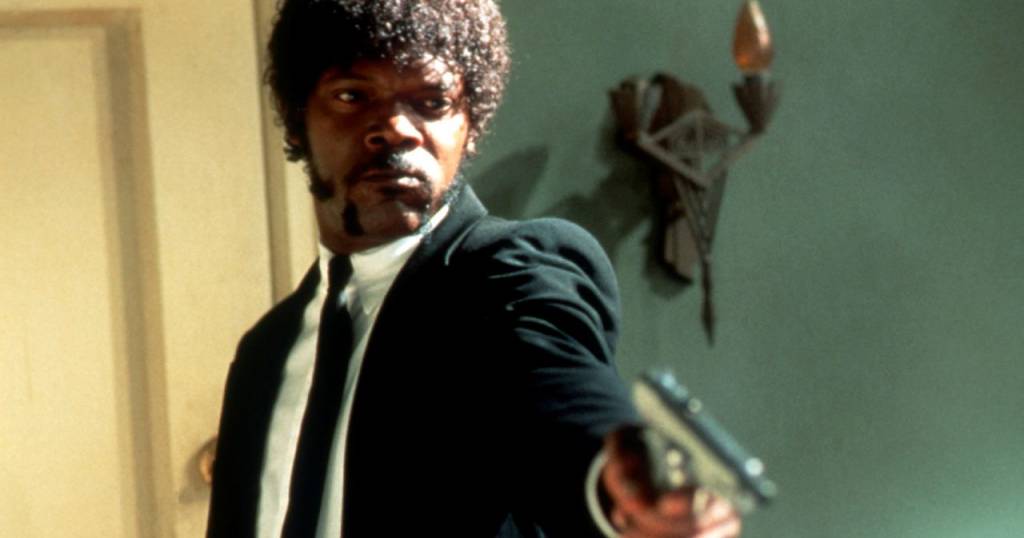
Movie monologues are always a gamble. Stripped of fancy camerawork and the crutch of computer-aided imagery, it reduces the artform to it’s most basic expression. Screenwriters and actors come together to crystalize a thought in riveting real time, risking the ridicule of a heavy-handed assesment gone wrong.
Whether a speech, a mission statement, or a final musing from a fed-up character, this practice has proved to be a delicate flower in the medium of film – one that must be nurtured and neatly padded by the context that supports it. And when these churning variables come together, the results can rank among the greatest movie moments ever conceived.
So many classic projects have come to be recognized through a few short lines, or a pensive dialogue delivery that drives home the core theme. Topics are infinite, limited only by the imagination of those behind the creative control booth.
It’s worked wonders ever since the advent of sound in cinema, as evidenced by stunning proclamations in The Day The Earth Stood Still (1951), Patton (1970), and ‘F’ For Fake (1973). That these sequences serve as honorable mentions do nothing to downplay their importance as much as showcase the colossal nature of those that made the cut. From political appeal to saw-toothed savagery, here are the 20 Best Movie Monologues of All Time.
20. Cuckoo Clock – The Third Man (1949)
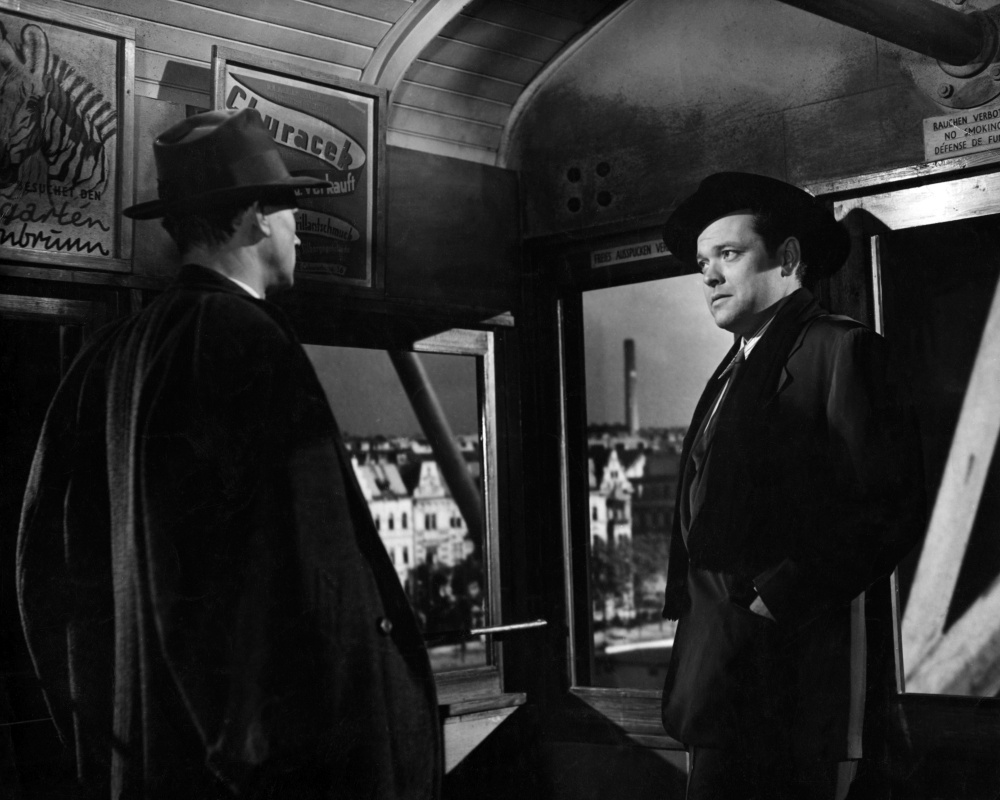
Arriving at the midway point of marvelous noir The Third Man (1949), this swift little soliloquy to the cuckoo clock is easily the shortest entry to crack the list. That being said, it’s the charismatic chops of actor Orson Welles that solidify this as a must for all-time monologues.
Comparing ideologies aboard a Vienna ferris wheel, American writer Holly Martins (Joseph Cotten) has come under the wing of former colleague Harry Lime (Welles), believed to be dead. As such, the uneasy interaction between both men come to a rousing send off beneath a modern marvel of machinery.
Italy, under the rule of the Borgias, “had warfare, terror, murder, bloodshed,” Lime lays out with smooth intent, “but they produced Michelangelo, Leonardo Da Vinci, and The Renaissance.”
Granted, such a comparison falls under correlation and not causation, but the colorful actor’s baritone sets up one of the grandest ironies expelled on camera. “Switzerland had brotherly love, 500 years of democracy and peace,” he laments, “and what did that produce? The cuckoo clock.” In a twisted sense, he may be onto something.
19. Whitney Houston – American Psycho (1999)
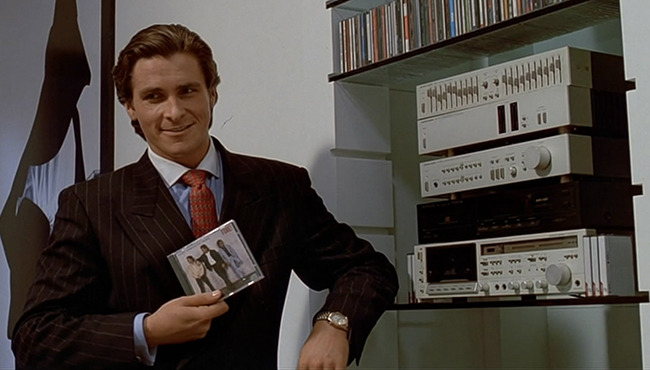
All of Patrick Bateman’s maniacal rants remains pop culture staples, though the one standout that checks out under “monologue” would have to be his thoughts on Whitney Houston.
Immediately mocked for his fandom of the late singer, Bateman (Christian Bale) breaks into a full on musical appreciation course regarding Houston’s 1985 debut record. It’s here that Bale, backed by a coy musical arrangement, marvels at the fact that the album produced four #1 singles, a staggering feat that somehow appeals to his psychotic tendencies.
Bateman breaks things down further with a wistful reflection on “The Greatest Love of All,” a song he feels to be “one of the best, most powerful songs ever written.” And while Bret Easton Ellis’ novelized source is completely mental, it’s Bale who really sells the insanity with a passion equals parts touching and hilariously strange.
By tying narcissism into his derived meaning of the track, Bateman only furthers his delusion while striving to appreciate the finer things. But all craziness aside, it’s definitely the best Whitney Houston song.
18. Greed Is Good – Wall Street (1987)

Like his father before him, Michael Douglas is able to twist the nasty desires of man and present them to the world as inventive, even healthy modes of existence. And nowhere does this ability shine brighter than in Wall Street, the 1987 smash that showed the ugliness of the stock market exchange with salacious intent.
Towering above his business minded peers, Gordon Gekko (Douglas) goes on a particularly inspired rant about the word “greed,” and how such a trait can improve standards of living. Writer/director Oliver Stone goes all in on this one, and the results are positively marvelous.
Douglas oozes charisma on the microphone, his slick hair and piercing eyes darting around the room with the monetary hunger of a hawk, while Charlie Sheen and company look on in wonderment. Each word is so dense with underlying intent that by the time he gets to the now iconic “greed is good,” a stigma of pop culture infamy hasn’t hurt it in the slightest.
17. The Jew Hunter – Inglourious Basterds (2009)
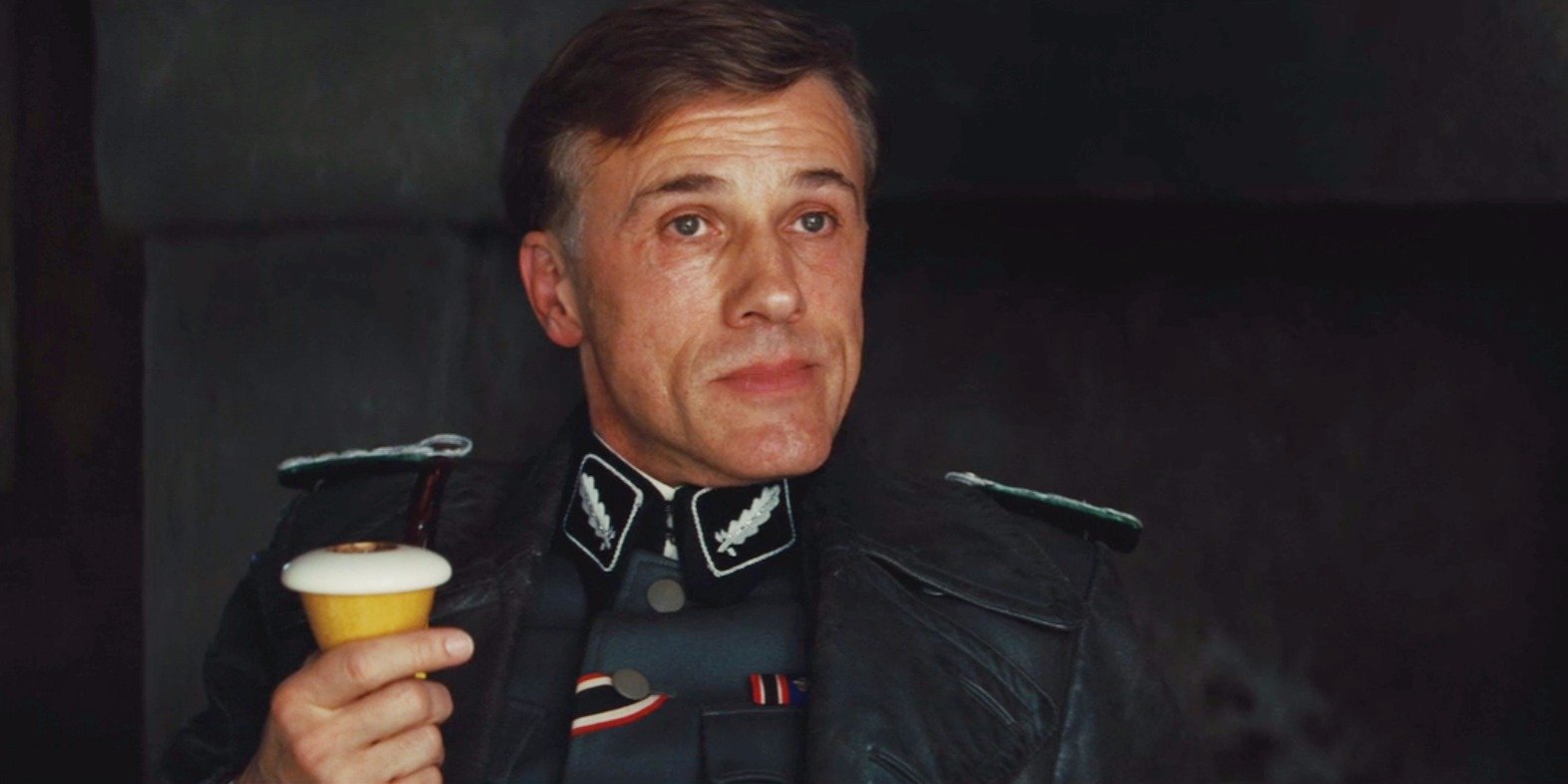
Quentin Tarantino wrote himself into a corner with Hans Landa, the cunning Nazi commander in Inglourious Basterds. Fearing he had crafted “an unplayable part,” it was the rousing performance of Austrian actor Christoph Waltz that gave the movie, as he put it, “life.” As for anyone scoffing at such high praise, one need only look at the opening scene of Tarantino’s 2009 film for proof. Set amidst the quiet cabin of Jewish sympathizers, Waltz’s myriad of moods is at once charming, whimsical, and coldly calculated.
The sense of menace conjured up is otherworldly. As Landa, the Academy Award winner dishes on the ins-and-outs of his profession, right down to what makes him such an effective hunter of the Jews.
Saddled between domestic compliments and a glass of milk, it is the silky delivery behind these terse words that truly make them stick. WWII had never before seen such a Nazi, and sudden descent into violence is made all the more disturbing by Landa’s pleasant demeanor. National Socialism never sounded so sweet.
16. I Can’t Go On – M (1931)
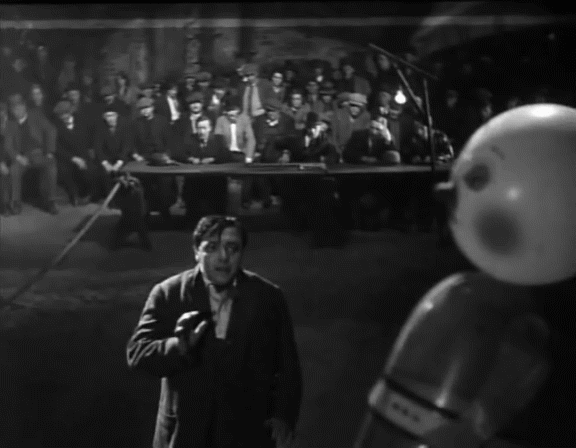
Sympathizing a serial killer isn’t a trick often attempted onscreen. Except, of course, in the case of Fritz Lang’s 1931 masterpiece M. This triumph of German Expressionism, lacing the streets of Europe with paranoia, follows a child murderer brought down by the city’s criminal underworld.
Taken to trial beneath the city, the killer (Peter Lorre) is allowed to speak his peace before a certain death sentence. In this, the first and only time viewers hear him talk, the snively psychopath delivers a traumatic account of what it truly means to be sick in the mind.
Pudgy, groveling, and blessed with bulging eyes, Lorre’s undesirable appearance only furthers the frightening authenticity of M’s closing moments. Criminals look on as the killer condemns them for making poor choices while he’s forced to perform his hideous acts. Lang dares to cast a shadow of uncertainty as to what real evil is, going as far as to make Lorre a figure of pity. As a result, the film transcends its era as a startling look at the morality of mankind.
15. I Knew These People – Paris, Texas (1984)
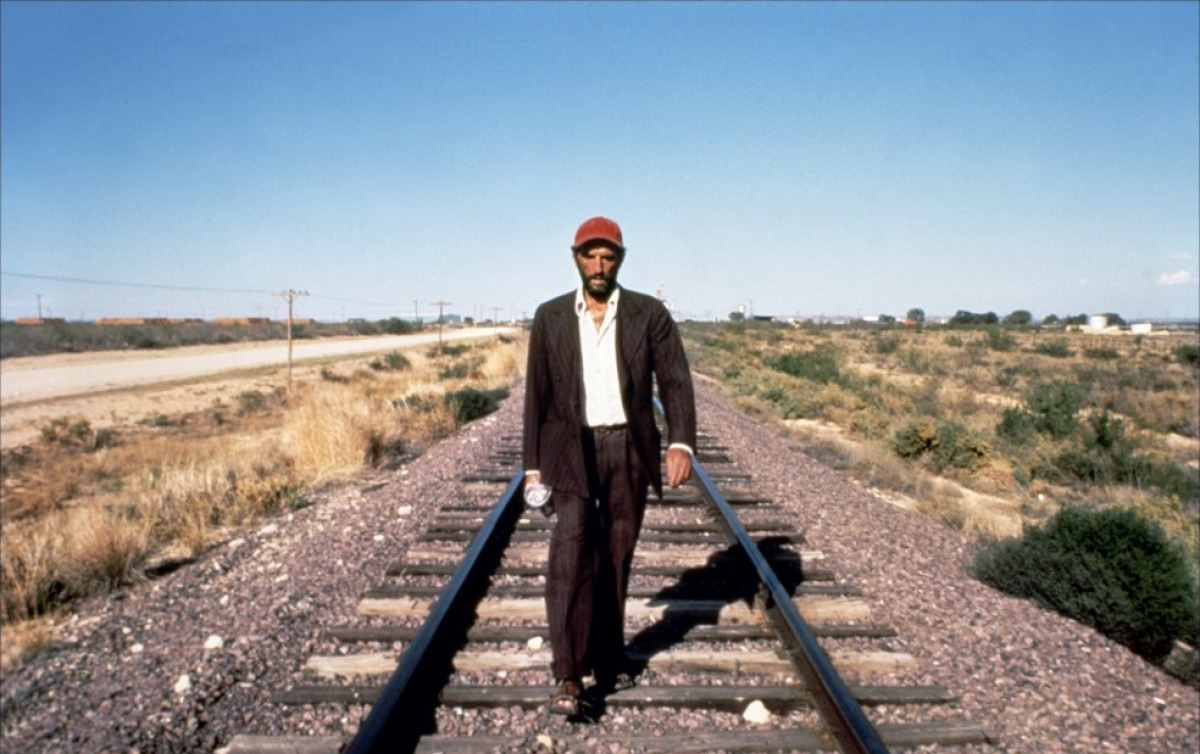
“I knew these people…” opens the mountainous monologue of Paris, Texas (1984). Penned by country duo L.M. Kit Carson and Sam Shepard, it’s an emotionally racked scene categorized by the oddities that surround it. Travis Henderson (Harry Dean Stanton), having just located the mother of his child (Nastassja Kinski), is forced to chat through the sight end of a single-sided window. His wife, typically the subject of exotic dance, plants herself down and listens as Travis narrates the fairytale of their lives.
Stanton, the journeyman actor who never again got a leading role, gives his soul to the sequence. A false start, a jittery cough, and he’s off on a recollection that spans triumph, tragedy, and the battered conclusion that brought it crashing down. “He loved her more than he ever felt possible,”
Travis talks up, divulging how he yearned for her affection, only to receive her rejection when a baby came along. Directed with the utmost honesty by Wim Wenders, it’s a monologue that shows off cinema’s ability to empathize.